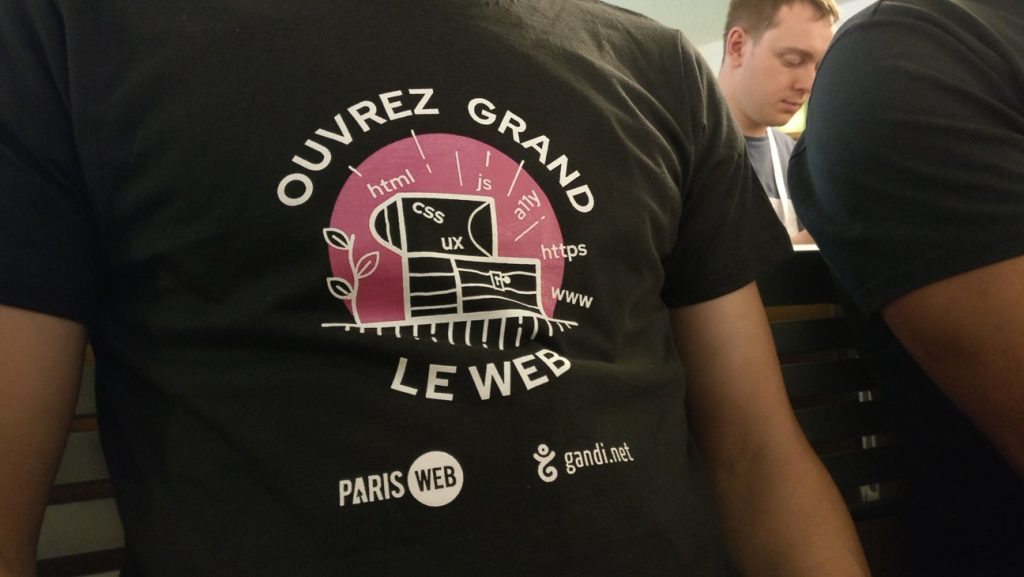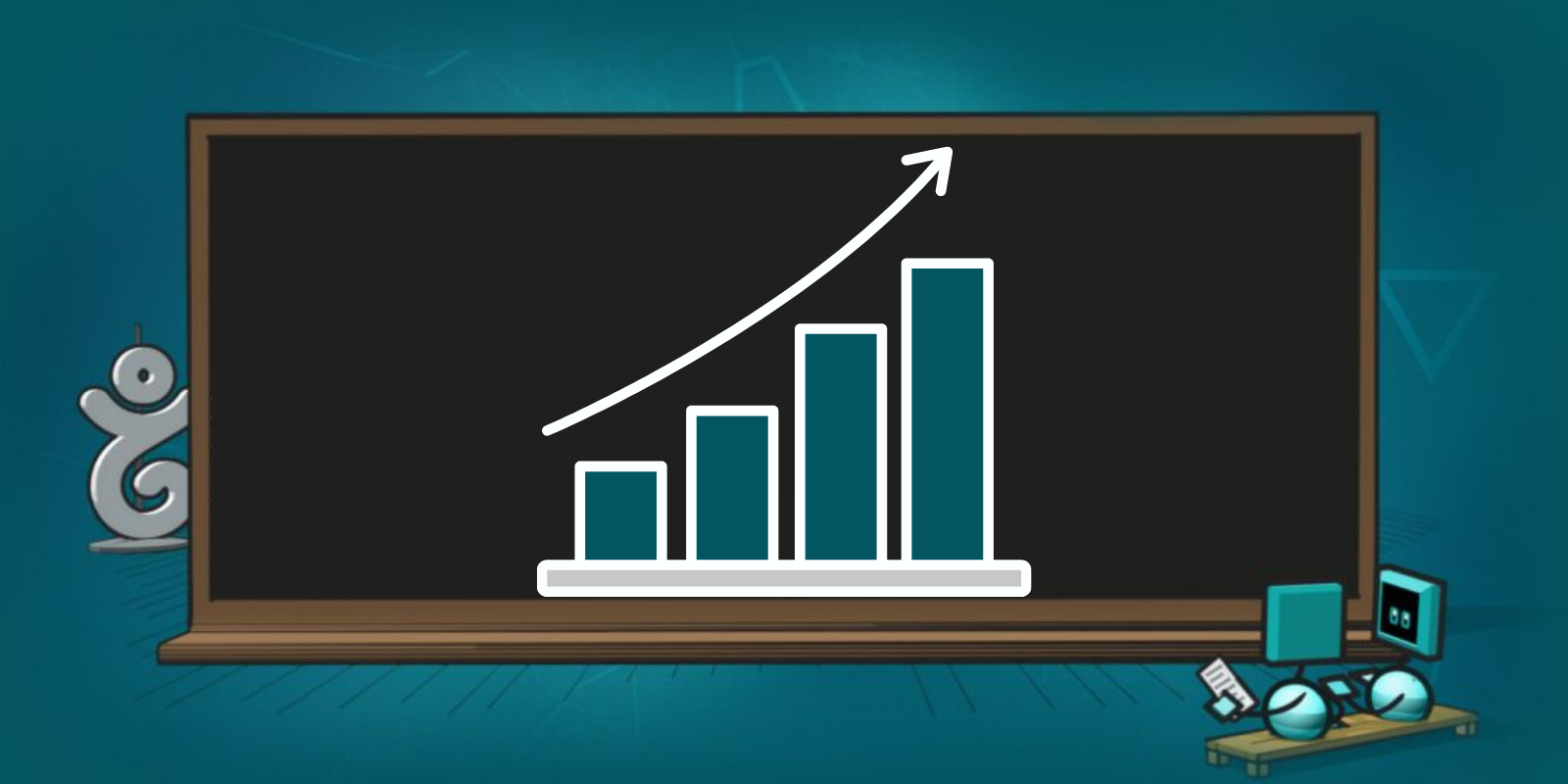Paris Web 2019 took place this year for three days between October 10 and 12 in Paris. As a longtime sponsor of the event, Gandi was of course there to learn from the many and varied conferences and workshops.

As is the case every year, the program for Paris Web included several presentaitons around digital accessibility. In this article, Pascal Duez, UI developer at Gandi, shares his top takeaways on this subject from the conference.
Enterprise audits and certifications
Today the conversation about accessibility online has gotten louder. On the one hand, this is due to French and European legislation that has created the obligation for private enterprises (of a certain size) to comply with the Référentiel général d’accessibilité pour les administrations (the “General Framework of Accessibility for Administations” RGAA); on the other hand, it’s thanks to web professionals who have year after year made efforts to familiarize and desensitivize online accessibility at events like Paris Web; and finally recent events in the U.S. has also lead to greater exposure around issues of accessibility.
With “Let’s reinvent web accessibility audits,” Julie Moynat described the reality of accessibility audits, the difficulties encountered as well as the solutions implemented.
It’s a realtively tedious process, laborious and not very flexible. Previews in the form of a scorecard document quickly showed their limitations.
Different forms of audits could be implemented to better answer needs and better adapt to the specificities of projects, like quick audits or audits in pieces.

Olivier Keul and Arnaud Delafosse gave a reportback to another group with a second conference: “Y’a pas qu’le ALT dans la vie — Déployer l’accessibilité web à grande échelle” (“There’s more in life than ALT—Deploying large scale web accessibility”).
They notably reported on how, aside from technical considerations, relationships, pedagogy, and organization are indispensible to the success of a particular process, as well as its long-term impact.
Noteworthy commonalities between the two presentations
- Accessibility should be taken into account upstream, from the design phase or even the initial project specifications
- Audits shouldn’t intervene after the fact: too late, too tedious, and more expensive
- The interventions and correctives should find the best means to integrate into the life cycle of features. Whether that’s in the form of tickets in the tool used internally or by some other system. The risk however being that these tickets may not be sufficiently prioritized and can then be neglected
- You need to find a means to prevent setbacks. Corrections can be eliminated by updates and new features
- Testing and reporting tools can help, but have a nonetheless limited scope
- The auditor shouldn’t be considered a specialized expert. The ideal is to train team members in place to find a relay, as well as to generate interest in the topic
- Compromises should be accepted, with roadmaps, developers, and SEO constraints
On a more technical level, one final accessibility-centric conference presented by Sergei Kriger was “Time Control in Web Accessibility“.
“Modern” web applications now have more and more features and asynchronous actions proposing a very effective visual user experience. As a result, it’s essential to assure that assistance technologies are taken into account, principally screen readers.
Therefore, Sergei Kriger outlined a few fairly simple techniques in ensure that state changes, returns, management of successes or errors are properly declared, taken into account, and intelligible, notably with the use of “live regions.”
And Gandi in all of this?
Accessibility is a topic that is close to our heart and that we take an active interest in. Initiatives are in progress to make our library of UI components accessible. If you have any feedback, or if you want to report a bug, don’t hesitate to write to us at feedback@gandi.net. On a larger scale, we are convinced of the correctness of this path, and as developers and designers we hope to be able to perform an audit by a specialized agency.
If you have questions on this article or about Paris Web, feel free to leave a comment or contact @pascalduez on Twitter!
Tagged in Domain names



